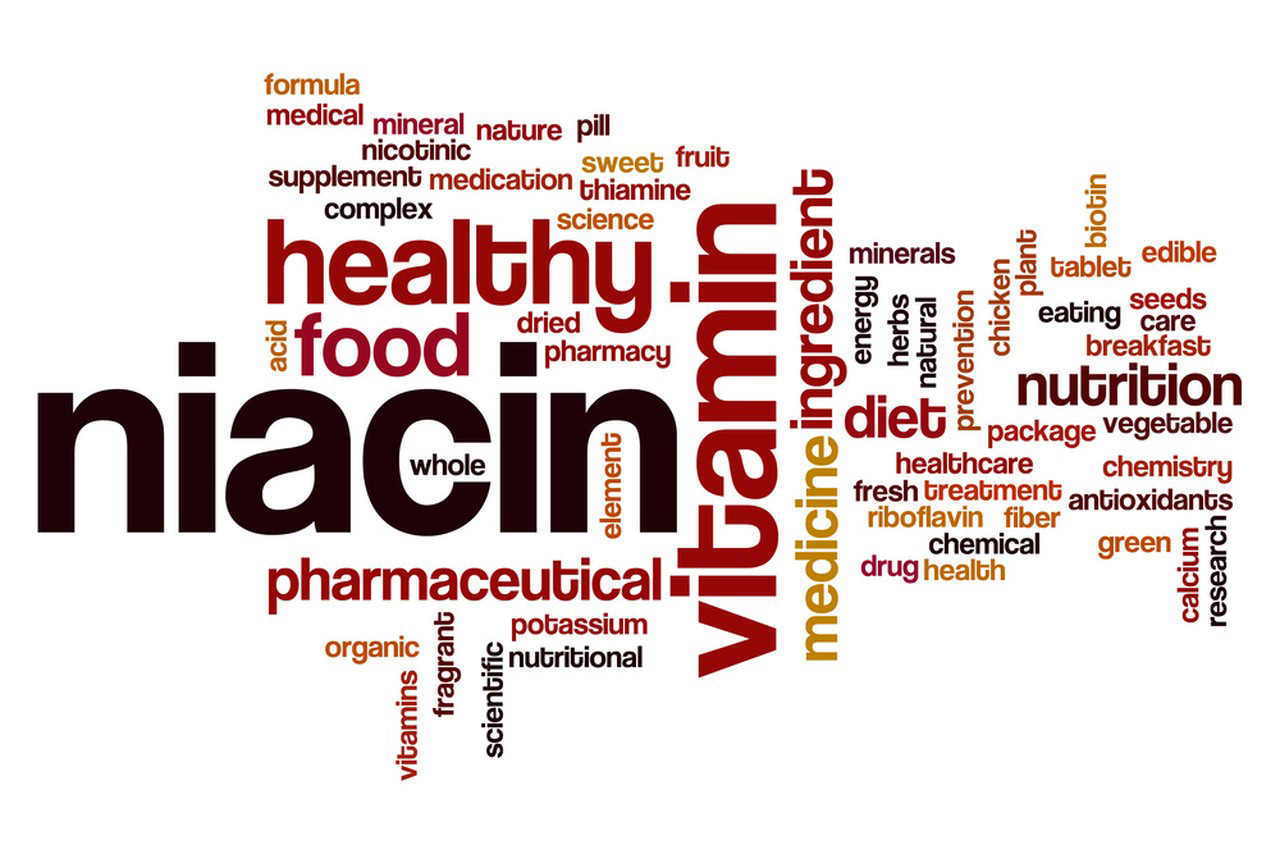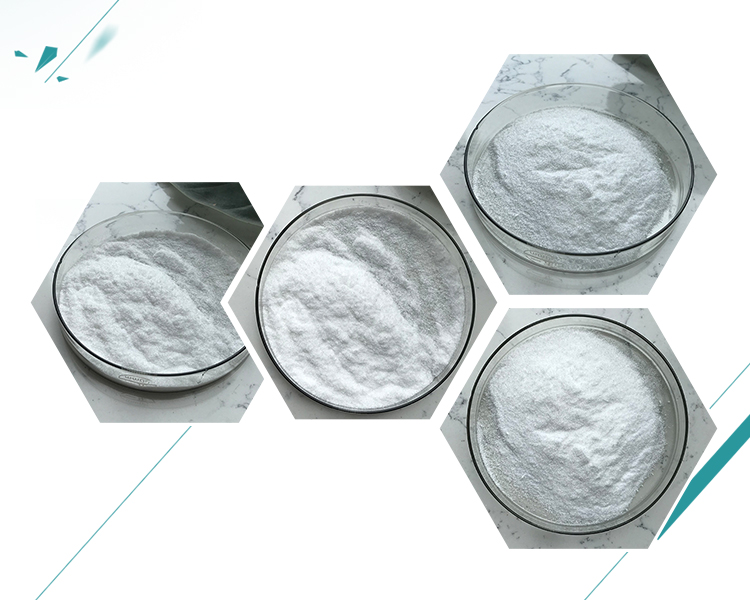Niacin, also known as vitamin B3 or nicotinic acid, is an essential nutrient required by the human body for various physiological functions. Its basic composition is as follows:
1.Chemical Structure: Niacin is a water-soluble vitamin that belongs to the family of B vitamins. Its chemical structure consists of a pyridine ring with a carboxyl group (-COOH) at the 3-position.
2.Molecular Formula: The molecular formula of niacin is C6H5NO2.
3.Functional Groups:
Pyridine Ring: This aromatic ring structure is a key feature of niacin’s chemical composition.
Carboxylic Acid Group: The -COOH group at the 3-position is crucial for its biological activity and function as a vitamin.
4.Natural Forms:
Nicotinic Acid: This form is predominantly found in foods and is the most common supplemental form of niacin.
Nicotinamide (Niacinamide): This is another form of niacin, which is a precursor to coenzymes involved in energy metabolism.

5.Biological Role: Niacin plays a vital role in energy metabolism, specifically in the form of NAD (nicotinamide adenine dinucleotide) and NADP (nicotinamide adenine dinucleotide phosphate), which are coenzymes involved in numerous enzymatic reactions, including those related to the conversion of carbohydrates, fats, and proteins into energy.
6.Sources: Niacin is naturally present in many food sources, including meat, poultry, fish, fortified cereals, legumes, and nuts. It can also be synthesized by the body from the essential amino acid tryptophan.
In summary, niacin is a fundamental nutrient with a chemical structure characterized by a pyridine ring and a carboxylic acid group, essential for its role in energy metabolism and overall health.
Potential Benefits of Niacin
Niacin, also known as vitamin B3 or nicotinic acid, offers several potential benefits for health:
1.Lowers LDL Cholesterol: Niacin can help lower levels of LDL cholesterol (the “bad” cholesterol) while increasing HDL cholesterol (the “good” cholesterol), which can improve overall cholesterol profiles and reduce the risk of cardiovascular diseases.
2.Improves Heart Health: By lowering LDL cholesterol and triglycerides, niacin supports heart health and may reduce the risk of heart attacks and stroke.
3.Supports Brain Function: Niacin is essential for the production of brain signaling molecules such as serotonin, which plays a role in mood regulation and cognitive function. Adequate niacin levels are important for maintaining overall brain health.
4.May Improve Skin Function: Niacin can help maintain the skin barrier, reduce inflammation, and improve skin texture. It is sometimes used in skincare products to treat conditions like acne and rosacea.
5.Boosts Energy Production: Niacin is involved in the process of converting carbohydrates, fats, and proteins into energy. It supports the function of enzymes involved in energy metabolism.
6.Regulates Blood Sugar Levels: Niacin may help improve insulin sensitivity and stabilize blood sugar levels, which can be beneficial for individuals with diabetes or those at risk of developing diabetes.
7.May Lower Risk of Alzheimer’s Disease: Some studies suggest that adequate niacin intake may help protect against Alzheimer’s disease by supporting brain health and reducing inflammation.

8.Antioxidant Properties: Niacin acts as an antioxidant, helping to neutralize free radicals and reduce oxidative stress in the body, which can contribute to aging and various diseases.
9.May Reduce Symptoms of Arthritis: Niacinamide, a form of niacin, has been studied for its potential to reduce inflammation and alleviate symptoms in certain types of arthritis.
10.Supports Digestive Health: Niacin is essential for proper digestion and nutrient absorption. It supports the health of the digestive system by aiding in the production of digestive enzymes.
While niacin offers these potential benefits, it’s important to consume it within recommended daily allowances, as excessive intake can lead to adverse effects such as skin flushing, liver toxicity, and gastrointestinal issues. Always consult with a healthcare professional before starting any new supplement regimen.
